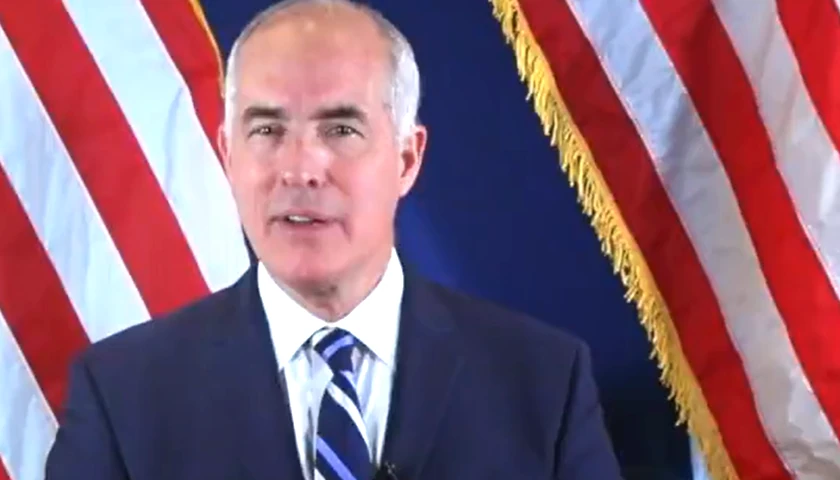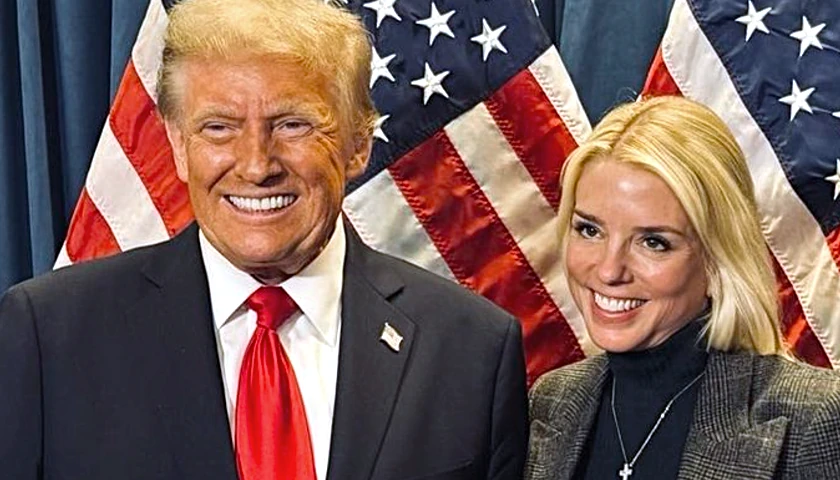by George Rasley
Here’s your first clue Twitter is not really a business with a fiduciary duty to maximize shareholder value – when Elon Musk made a public offer to buy the company for $54.20 a share (roughly $40 billion) the company’s management not only turned down the offer, but began to work on a poison pill defense aimed solely at Mr. Musk, who is already Twitter’s largest shareholder.
According to reporting by the New York Times, some investors and Wall Street analysts said that Mr. Musk’s offer of $54.20 a share was too low, and that he would need to go to at least $60 a share to appeal to shareholders. That would be 25 percent higher than the share price when Mr. Musk announced this month that he had acquired a 9 percent stake in Twitter.
The offer now on the table is a 54 percent premium over the share price the day before Elon Musk began investing in the company in late January. Twitter’s share price was down 1.7 percent when trading ended on Thursday, closing at $45.08 — significantly below Mr. Musk’s offer.
In 2021, Twitter’s annual net loss amounted to 221 million U.S. dollars. Overall, this is a significant decrease from the previous year, in which the micro blogging and social network company saw losses of almost 1.4 billion U.S. dollars. Twitter’s losing money big-time, and the picture’s not improving. After losing a total of $2.3 billion from 2013 (the year it went public) through 2017, Twitter only booked profits in 2018 and 2019.
Now, let’s carefully parse what some shareholders and employees who dismissed Mr. Musk’s offer actually said.
Many Twitter employees have vocally protested Mr. Musk’s involvement in the company since his investment was announced in early April, arguing that he would shift the company culture and damage its efforts to control problems like bullying, threats and misinformation on the platform.
Prince Al Waleed bin Talal of Saudi Arabia, who described himself and the conglomerate he represents as one of Twitter’s largest and most long-term shareholders, said in a tweet that Twitter should reject the offer because it was not high enough to reflect the “intrinsic value of Twitter given its growth prospects.” Others said that the offer was sufficient but that Mr. Musk’s proposed changes could spark an advertiser exodus and hurt the value of the company.
“You’re not at some garage sale bidding on a lamp,” Brent Thill, an equity analyst at Jefferies told the New York Times. “It’s a service that is beloved by many throughout the world, and you can’t just make these quick actions.”
What each of the objectors to Elon Musk’s offer seem to be saying is they want the offer rejected because they don’t want to lose the power to stifle and manage the speech of others that management of Twitter bestows upon them.
Twitter forbids a variety of speech on its platform, including spam, violent threats, coordinated disinformation campaigns and the sharing of private information. It has also cracked down on misinformation about the outcome of elections and the Covid-19 pandemic.
Remember, the company is not making an operating profit, so the only payout investors are going to get for the foreseeable future is appreciation in the value of their shares – and the power to control one very active and important corner of the public square.
But the Twitter management team is doing everything it can to suppress shareholder value, while at the same time trying to prevent Mr. Musk from accumulating a controlling interest in the company in part by scaring others with the threat he represents to their ability to control what is or is not allowed on the platform.
In a message to Bret Taylor, the chairman of Twitter’s board, Mr. Musk said: “I believe in its potential to be the platform for free speech around the globe, and I believe free speech is a societal imperative for a functioning democracy,” according to a filing with the Securities and Exchange Commission that was later made public. “Twitter needs to be transformed as a private company.”
Mr. Taylor, a co-chief executive of Salesforce, has served on Twitter’s board since 2016, when Salesforce considered buying Twitter. Mr. Taylor joined Salesforce a year later, after it acquired his own company, Quip.
Here’s the thing, Salesforce is about as “woke” as you can get.
Investigative journalism group Project Veritas recently published a report detailing plans by the cloud-based software giant Salesforce to de-platform customers who have “the potential to incite politically motivated violence.” According to the Project Veritas video, executives are communicating with the RNC specifically about messages from former President Donald Trump. Project Veritas reports that its own business account with Salesforce has been cut off.
Taylor: “What we’ve done in light of the events of Jan. 6 is recognize a much broader range of messages have the potential to incite politically motivated violence.”
Taylor: “We’ve engaged with the RNC to communicate that no messages on behalf of President Trump and no messages questioning the validity or integrity of the election are allowed on our platform under the guidelines that they may incite violence.”
Taylor: “We’re looking across our customer base to make sure our technology is not being used by businesses or platforms that are inciting political violence.”
So, Salesforce is run by a guy who has banned customers from repeating a word of what Donald Trump says? And this same guy is the board chairman of Twitter, a company that has lost billions, but management doesn’t want to sell the company for a 50% premium over current share price?
Right there is your tell folks – Twitter isn’t a business in the way entrepreneurs of the past thought of a business. It produces no products of value that can be monetized to make an operating profit for its shareholders – its only product is the power to establish and control political narratives, and that’s a product its leftist management will never give up for any amount of money.
– – –
George Rasley is the editor of ConservativeHQ.com





Now THIS is how you make the case for Mr. Musk and against Twitter: you do NOT proffer mindless blather about “publisher vs. platform” (words that never appear in Section 230 either literally or figuratively), which apparently seems to have become a default by ill-informed right wing media members that have never read the law.
Excellent work here.